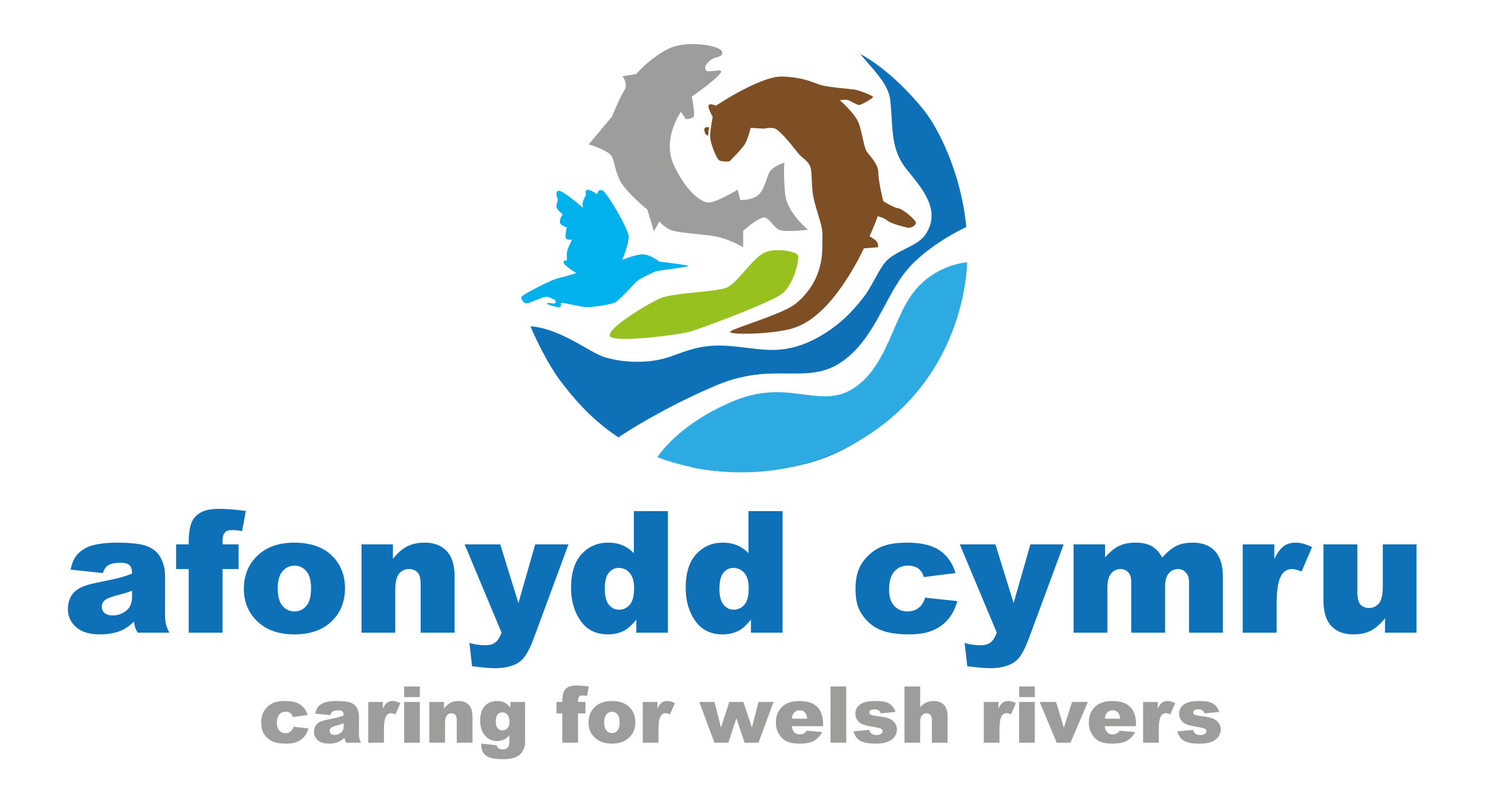Afonydd Cymru’s Position
Afonydd Cymru supports the need for sustainable farming.
Without it, we will not have clean and healthy rivers. We recognise that the Sustainable Farming Scheme (SFS) must ensure economic and social sustainability as well as protecting the environment, however our focus is on restoring the health of our rivers which are currently in a poor state.
The evidence shows that currently, rural land management is contributing 62% of the phosphorus in Wales’s failing SAC rivers and that monitoring by Natural Resources Wales (NRW) for the Water Framework Directive (WFD) shows that these failures are directly attributable to agriculture (as opposed to other forms of rural land management).
We believe that we must address these issues to not only restore our rivers but to address both the climate and nature emergencies. If the SFS secures positive benefits for the environment, it will also ensure the long-term sustainability of farming in Wales. Many of the actions included within the payment scheme will protect farmland for generations of farmers to come.
It is regrettable that the much of the debate around the SFS has centred around the need for food production versus the environment, because farming also depends upon clean water, healthy soils, and land resilient and protected from climate change.
Afonydd Cymru welcomes the following:
- The inclusion of national minimum standards as part of the scheme to ensure compliance with existing regulations and to ensure every sector meets legislative requirements under the ‘Polluter Pays Principle’. We believe this should be accompanied by widening the use of sanctions, currently under consultation separately.
- The tiered approach of universal, optional and collaborative actions. Payments under these actions need to be sufficient to encourage farmers to go beyond universal actions and support long-term sustainable farming. We would encourage Welsh Government (WG) to review the administration of the scheme to ensure that it is not a burden on farmers and to encourage high engagement with the scheme.
- Additional support from WG to tenant farmers who must be supported to enable actions to be delivered on tenant farms under SFS. Evidence from farm visits across Wales clearly demonstrates significant pollution impacts from tenant farmers currently unable to invest in slurry storage and infrastructure on their farm.
- The increased focus on biosecurity which should reduce the spread of disease and reduce reliance on veterinary pharmaceuticals and chemicals, which are now being detected in high concentrations in our rivers.
- Tree cover and habitat enhancement on up to 20% of land, including the agreed adjustments to recognise that this may not be feasible on the total area of the farm. Many of the funded options include actions which are already encouraged as good practice by farming experts including rotational farming, herbal leys, grass margins around crops and mixed grazing. We need to ensure that our farmland is climate change resilient, adapting to increased flooding and prolonged periods of drought. SFS will support this with funds under the optional tier on tree planting and habitat management that would contribute towards long-term management of resilience, protection of soils and provide the protection to river water quality needed.
Concerns on SFS
Afonydd Cymru has concerns in some areas of SFS which we have provided in detail as part of our consultation response but are summarised below:
- We do not think the current balance between formal regulation and SFS compliance is adequate to protect river water quality. As an example, we consider that chapter 4 of the Code of Good Agricultural Practice (CoGAP) (Soil Husbandry) should be bought into legislation.
- The impact from lack of cover crop is essential and should not be subject to voluntary inclusion into the scheme.
- Farmers should be incentivised to alternative crops from maize and stubble turnips which are more appropriate to the Welsh climate, topography and season. Significant water quality and biodiversity impact is caused by bare soils subject to prolonged rainfall.
- Intensive, indoor units are an industrial process and need to be permitted. Permits need to be catchment specific and ensure favourable condition status on failing rivers is achieved. This includes conditions for P, N and NH3.
Afonydd Cymru’s greater concern is the assumption that the SFS will fix our environment and our rivers. This is reflected as the sole action on a number of action plans for rivers. There are substantial parts of Welsh farming for which the SFS does not apply and the scheme is voluntary. As an example, currently under the basic payment system only around two thirds of farms in Wales take part. Therefore, many farms will simply not be engaged or support the actions within SFS.
We remain concerned that some of the impacts from land management that are currently affecting our rivers the most still have no proposed actions. With Fish Legal we have raised a challenge to WG on the full process of the anaerobic digestor industry, including planning, permitting, operation and lack of regulation and enforcement. Given this is one of the fastest growing areas of treatment in Wales and is being cited as a future solution to slurry management, it is imperative that this review is implemented urgently.
Finally, a strong regulatory and enforcement regime is required in Wales if we are ever to deliver clean, healthy rivers for our communities in Wales.
Afonydd Cymru, March 2024.
